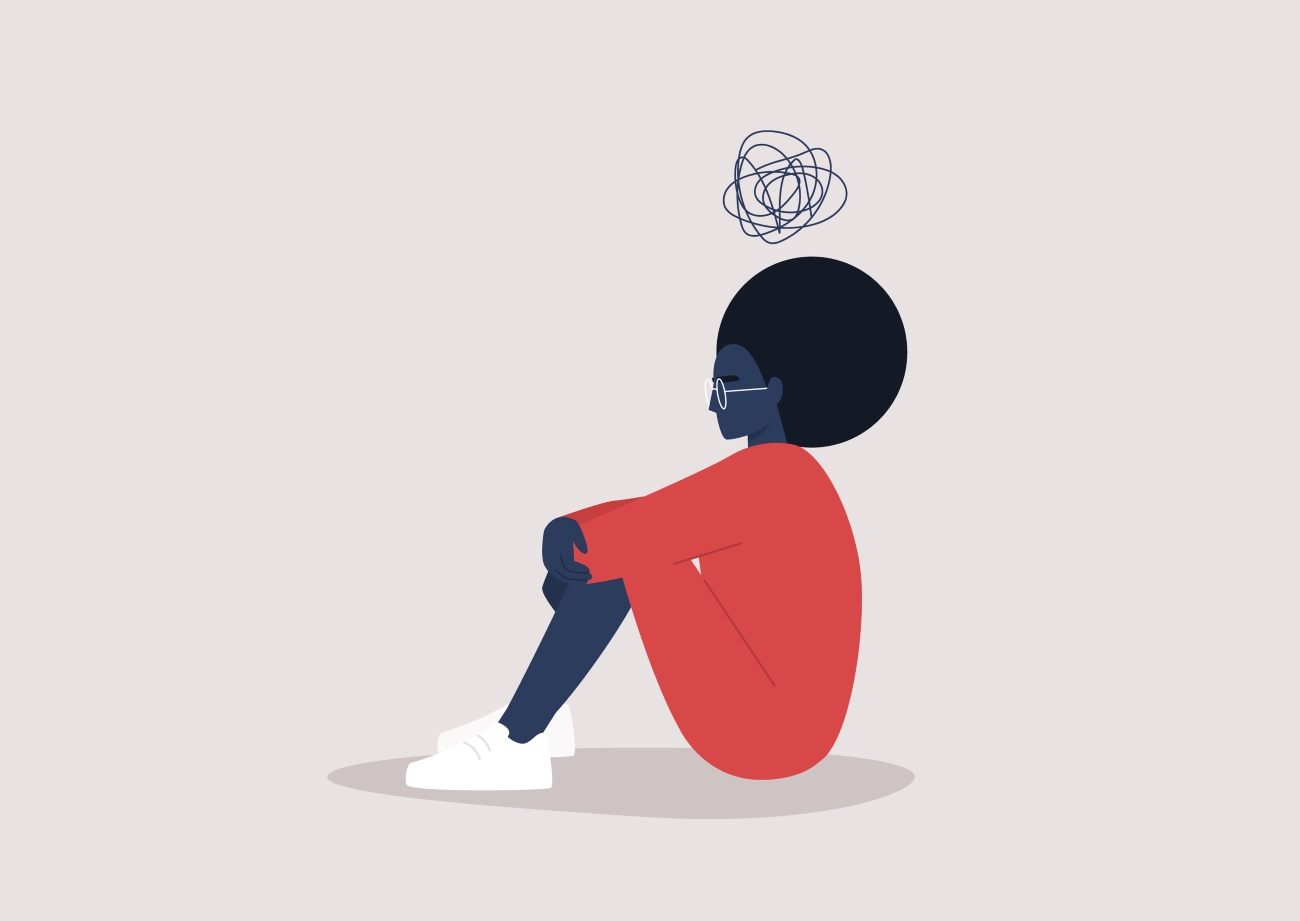Since 1949, the month of May has been recognized as Mental Health Awareness Month in the United States.
Nearly one in five U.S. adults lives with a mental illness, and COVID-19 only made things worse.
After a year of living during a worldwide pandemic, speaking openly and constructively about mental health is more important than ever.
The Impact of COVID-19
The pandemic brought about drastic changes in mental health around the world. This included higher rates of insomnia and prolonged feelings of languishing as society came to a grinding halt.
To combat these detrimental effects as the world attempts to return to normalcy, many mental health organizations are stressing the importance of mental health support and resources.
For example, the National Alliance on Mental Illness (NAMI) created a “You Are Not Alone” campaign to promote connectivity and community for the month.
Efforts like these are crucial, as many Americans with mental illnesses are not receiving the treatment they need.
In fact, Mental Health America reported that 57.2% of adults with a mental illness went untreated. That’s more than 26 million people who needed help but didn’t get it.
Mental Health Care Inequality
The numbers reveal discrepancies in exactly who is receiving mental health services and who isn’t. While only 50.3% of white people with mental illnesses received treatment, people of color received even less.
- 33.9% of Hispanic people with mental illnesses received care
- 32.9% of Black people with mental illnesses received care
- 23.3% of Asian people with mental illnesses received care
These disproportionate rates of mental health care come from numerous societal, economic, and historical factors.
Mental health issues are frequently found among people in the criminal justice system, which has disproportionate rates of incarceration for Black and Latino communities.
Approximately 50–70% of young people in the juvenile justice system fit the criteria for mental health illness.
Young people with behavioral health issues are also more likely to be referred to the justice system than offered medical care if they are a racial or ethnic minority. This prevents them from getting the care they need and improving their lives.
The Cultural Effects
Cultural differences between groups of people can also explain the drastic disparity in mental health care. Lack of cultural understanding from healthcare professionals can lead to underdiagnosis or misdiagnosis, particularly if language or accessibility barriers are involved.
A lack of diverse mental health care provider options or mistrust in the healthcare system can also lead to people of color not seeking out the mental health care they need at all. This dates back to when a Black community was infamously mistreated during the Tuskegee syphilis study in the early twentieth century. That decades-long incident has had a lasting negative impact on how many Black people view the healthcare system.
Stigmas around mental health issues can also prevent people from receiving the mental health care they need. These include negative public perception of mental illnesses, institutional discrimination, or internalized community stigmas.
The consequences of mental health stigmas are often more severe for people of color since they are disproportionately affected by other social adversities, such as poverty and discrimination.
People of color are denied access to mental health care for a seemingly endless list of reasons, including lack of insurance, lack of culturally competent providers, or lack of childcare to allow them to take time to see a medical professional.
Communities of color and immigrant communities need more accessible mental health resources, especially in a time when positive mental health around the world has been tenuous at best.
Whether it’s by translating mental health information resources, providing interpreters for doctor’s visits, or helping prepare medication translations for a clinical trial application, G3 Life Sciences wants to assist our clients in bringing accessibility, health literacy, and compassionate understanding to their patients.
To learn about the many services we offer, contact us today.
